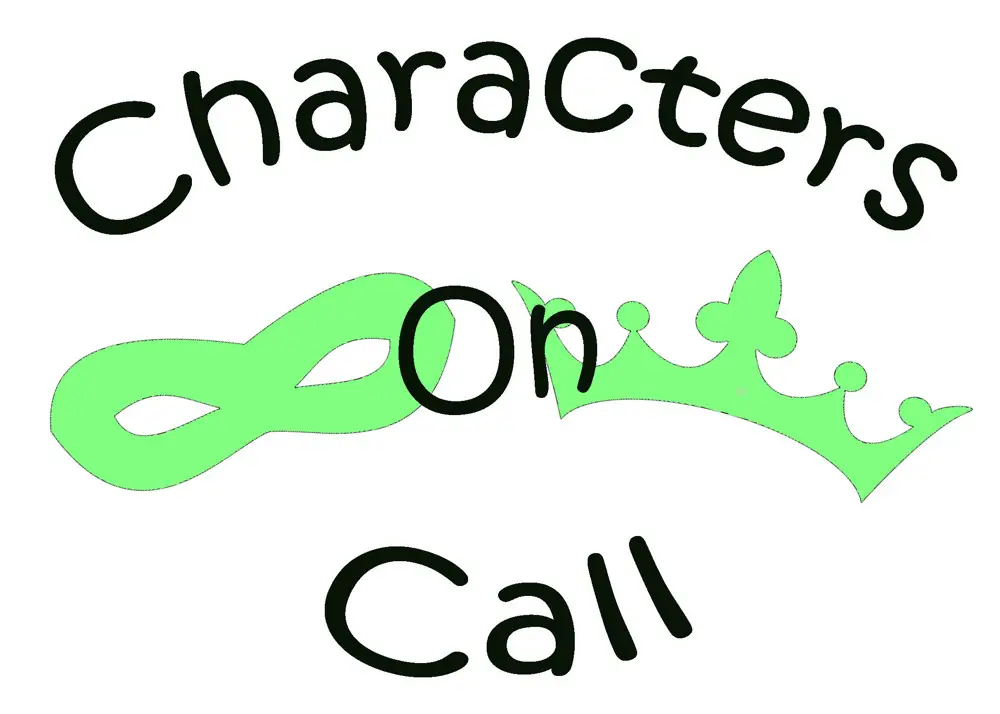
How to Keep Kids Healthy Post-COVID
After a year of social distancing, how do parents make sure their kids don’t get sick?
Get kid-friendly activities sent to you!
Get the Best Family Activities
However, that’s no reason to let your guard down when it comes to protection: COVID-19 can be spread through ventilation systems in schools, during indoor after-school sports, and in child care programs, according to the Centers for Disease Control and Prevention. In addition to all of the regular safety precautions, parents should request that teachers and administrators open windows whenever possible and use fans to ensure proper air circulation.
When can kids get the vaccine?
As of press date, Pfizer/BioNTech is testing the vaccine in children ages 12-15, followed by those ages 5-11. Moderna is conducting two studies: one on children ages 12-17 and the other on kids between the ages of 6 months to 12 years. Results should be available by summer. Once a safe and effective dose is determined, the U.S. Food and Drug Administration will review data before authorizing it for distribution.
Dr. Buchholz says children will be considered immune two weeks after completing a single-dose vaccine or two weeks after the second dose of a two-dose vaccine. Until then, face-coverings, hand washing, and isolation will need to continue. Parents should also boost their child’s immune system with a healthy diet, which is especially important these days—childhood obesity levels have increased 2 percent since the start of the pandemic, as a result of reduced availability of healthy lunches, easier access to snacks, and more screen time, according to a study in the journal Pediatrics.
What precautions should kids continue to take?
After parents are vaccinated, kids can safely see grandparents. “Per the CDC’s guidelines, an unvaccinated, asymptomatic child may visit a single-family household who has been vaccinated—such as grandparents—without the need for masks or social distancing,” Dr. Buchholz says.
After kids get vaccinated, they should still take precautions as in-person classes return. The CDC advises parents to stay in touch with their school staff and teachers and avoid sending kids to school with a fever of 100.4 or higher, or if they exhibit symptoms of diarrhea, severe headache, vomiting, or nausea. Sending your children to school with sanitizer and encouraging them not to share musical instruments, writing instruments, or books can also slow the spread of COVID and the common cold. That said, if both kids and adults are vaccinated, families can cautiously start to resume normal activities—and look forward to a brighter, less isolated future.








